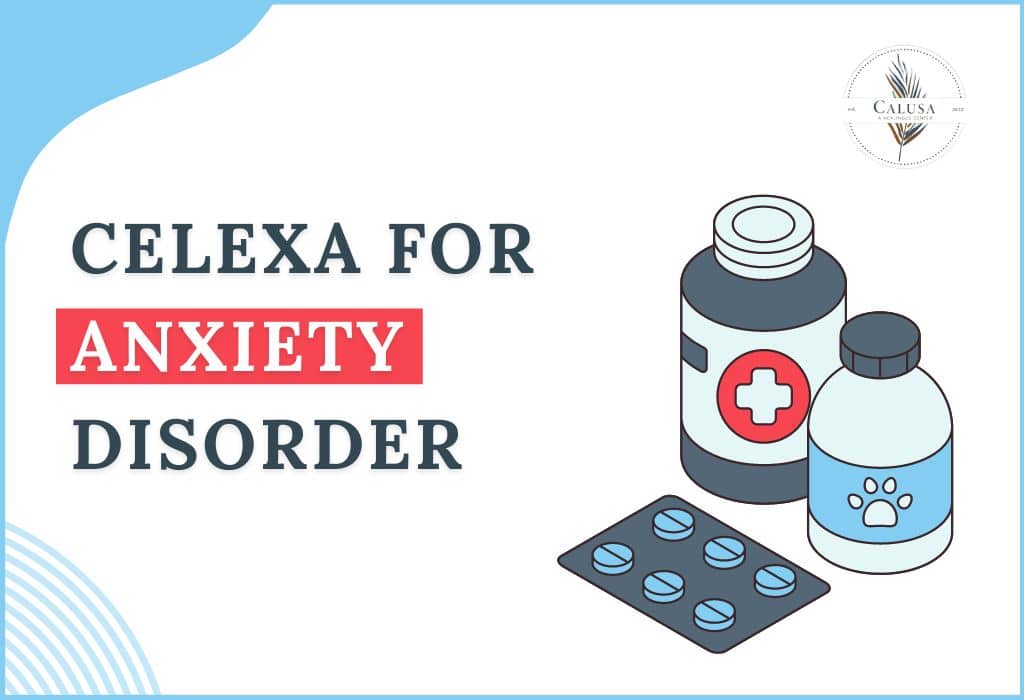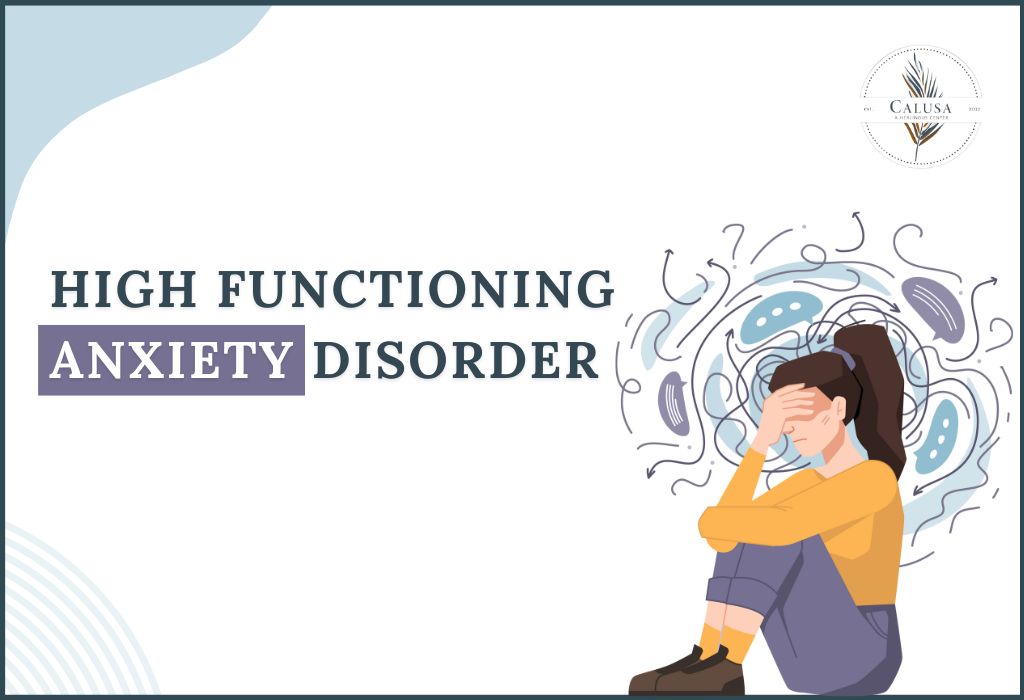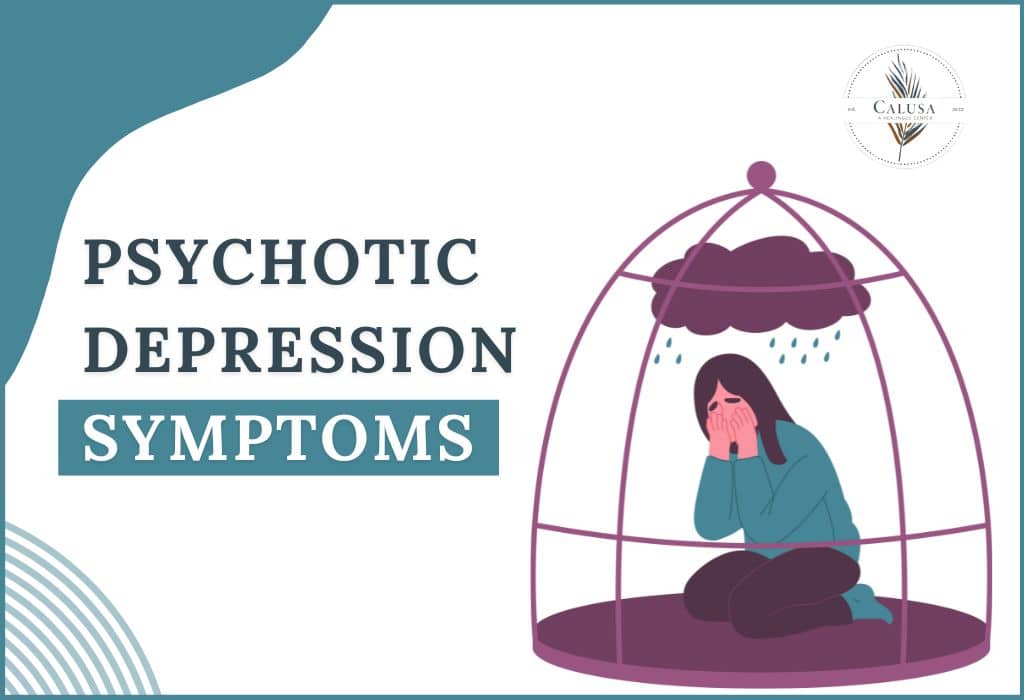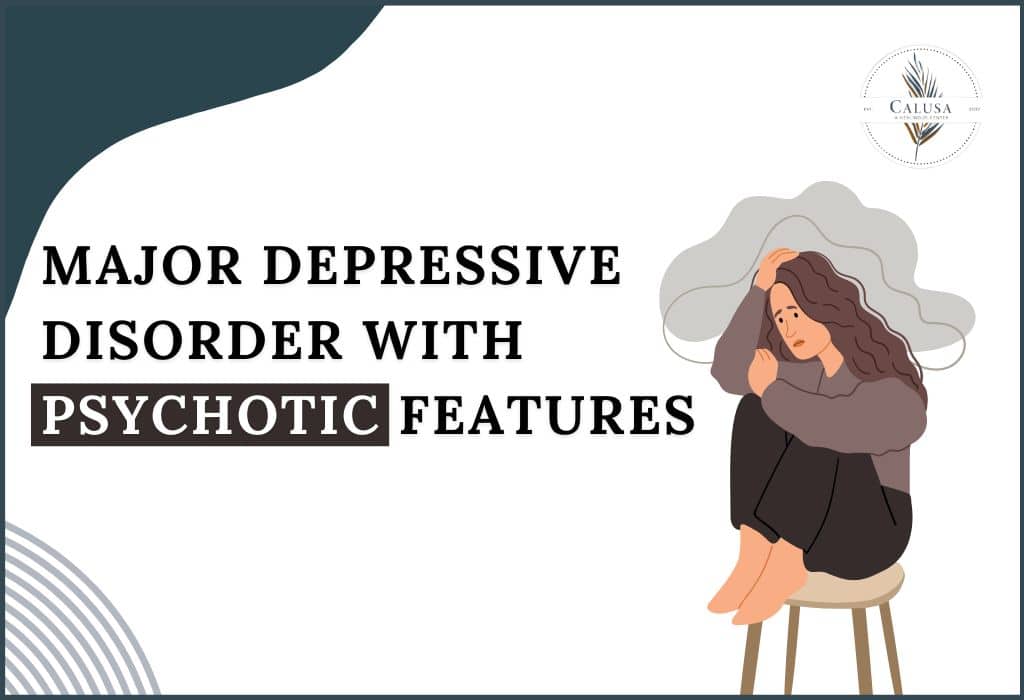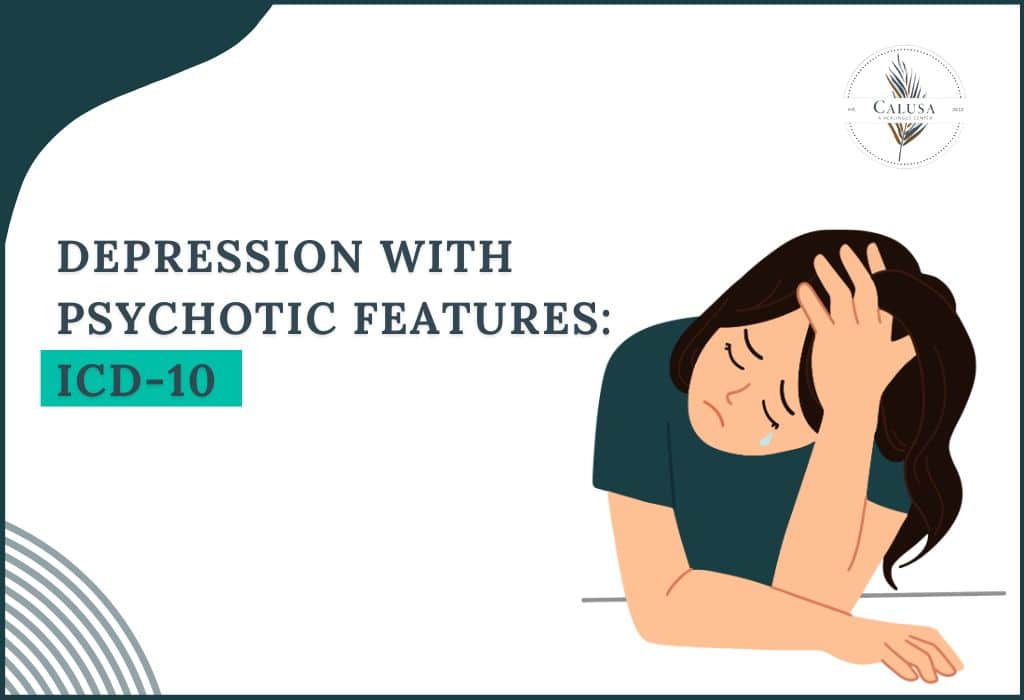Schizophrenia can be really tough to deal with, and it can really take a toll on your life and the people around you. But with the right help and understanding, you can learn to cope and live with it in a healthy way.
We get that everyone’s different when it comes to schizophrenia, and that’s why there are so many different treatments out there. We’ve got antipsychotics, cognitive-behavioral therapies, psychosocial interventions, and more.
Come join us as we explore the world of mental health treatment for schizophrenia and use our knowledge and understanding to help those who are struggling.
Schizophrenia: Causes, Symptoms, And Prevalence
Causes:-
Schizophrenia isn’t totally understood yet, but scientists think it’s caused by a mix of genetics, environment, and neurochemistry.
Symptoms:-
Schizophrenia disorder is a long-term mental illness with a variety of symptoms, including:
- Hallucinations
- Delusions
- Disorganized thinking
- Social withdrawal
About 1% of people around the world have it, and men tend to show symptoms sooner than women.
Signs of schizophrenia can be subtle and hard to spot. You might notice changes in your behavior, have trouble focusing, feel like you’re not part of society, or have a drop in your grades or work. It’s really important to look out for these signs and get help as soon as possible – it can have a big impact on your life.
The Importance Of Early Diagnosis And Intervention
- It’s really important to get diagnosed and help someone with schizophrenia as soon as possible if you want to get them better.
- Getting treatment as soon as possible can help ease your symptoms, make your life better, and stop you from relapsing.
- If you think you or someone close to you might have schizophrenia, it’s important to get checked out by a mental health professional.
- Schizophrenia is usually diagnosed after a comprehensive mental health evaluation, which includes a thorough background check, talking to the person and their family, and looking at their symptoms and how long they’ve been causing them.
- You might need to do more tests like brain scans or blood tests to make sure you don’t have any other medical issues.
Types Of Schizophrenia Treatments
Treating schizophrenia usually involves a mix of meds, talking to a therapist, and making changes to your lifestyle. The aim is to reduce your symptoms, make your life easier, and make you feel better. It all depends on what you need and want.
-
Medications For Schizophrenia
Medication and therapy are the mainstay of schizophrenia treatment, but some people might want to look into alternative or complementary treatments to help them manage their condition. It’s important to be aware of these options and talk to a doctor about them.
If you’re looking for a way to manage your symptoms of schizophrenia, there are some alternative treatments that could be helpful. These include taking omega-3s, getting acupuncture, and doing yoga.
-
Therapy Options For Schizophrenia
If you or someone you know has schizophrenia, it can be tough to figure out how to navigate the healthcare system. But it’s important to find the right people and resources to help you. Start by getting a checkup from your doctor or asking for advice from mental health groups or support groups. You’ll need to work with a team of experts who can provide you with the help you need. This could include a psychiatrist, psychologist, social worker, and occupational therapist.
It’s important to look into what’s out there when it comes to mental health, like helplines, resources, and community support. All of these can give you the info you need, help you out, and give you a sense of belonging.
-
Lifestyle Changes For Managing Schizophrenia
Having someone close to you with schizophrenia can be tough, but if you use the right tools, you can give them the support they need. It’s important to be open and honest with them – listen to them, empathize with them, and give them peace of mind. Take the time to learn more about schizophrenia and how it affects people.
It’s just as important to take care of yourself. Reach out to friends and family, or join a support group. Make sure you set limits and focus on activities that make you feel good and give you a boost. Don’t just take whatever comes your way – you can’t keep drinking from an empty pot.
Tips For Supporting Individuals With Schizophrenia
If you want to get the best care for your schizophrenia, it’s important to find the right people and resources.
- If you want to get the best care for your schizophrenia, it’s important to find the right people and resources.
- A psychologist or therapist can help you figure out how to cope, manage your symptoms, and overall improve your life. They can also provide counseling and therapy services like CBT or family therapy.
- If you’re feeling down, support groups can be a great way to find someone to talk to, both in person and online. You can share your experiences, get advice, and listen to what other people are going through. It’s a great way to feel like you’re part of a bigger community.
- If you’re considering schizophrenia, there are lots of resources out there to help you learn more about it. Books, websites, and even some big-name organizations can give you the info you need to make the best decisions about treatment and how to manage your symptoms.
Navigating the health care system can be intimidating, but if you take the time to find the right people and use the resources available, people with schizophrenia can get the help they need to manage their illness and live a better life.
Empowering Individuals With Schizophrenia To Live Fulfilling Lives
If you know someone who has schizophrenia, you know that being there for them can be both helpful and difficult.
If you know someone who has schizophrenia, it’s important to have good communication with them. Listen to them, empathize with them, and give them credit for what they’re going through.
Learning more about schizophrenia and its signs can help caregivers get a better grasp of what their loved one is going through. It can also give them the skills to fight for their loved one’s rights and get them the help they need.
Taking care of yourself is just as important as taking care of your loved one. It’s important to set limits, carve out time for hobbies and interests, and find help for yourself. If you’re a caregiver, it might be a good idea to join support groups that are specifically for families and caregivers of people with schizophrenia.
If you’re feeling down, support groups can be a great way to find someone to talk to, both in person and online. You can share your experiences, get advice, and listen to what other people are going through. It’s a great way to feel like you’re part of a bigger community.
Schizophrenia has both challenges and strengths, and we can all work together to help people on their path to better mental health and happiness.




